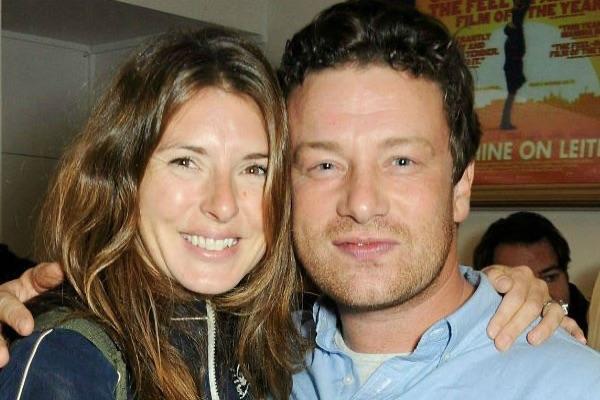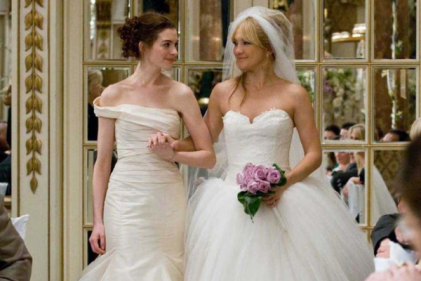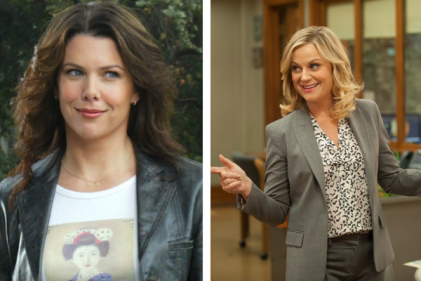Jamie Oliver has shared that his wife has been diagnosed as neurodivergent.
The celebrity chef has been married to his wife, Juliette 'Jools' Norton, since 2000, and the couple have gone on to welcome five children together - daughters Poppy (23), Daisy (22), and Petal (16), and sons Buddy (14) and River (8).
Now, in a new interview, Jamie has confirmed that his household has several neurodivergent people in it.
Speaking on Davina McCall’s Begin Again podcast, Jamie praised his wife for holding their family together.
“She's quite in the background and she's done that on purpose. She's definitely the rock,” the 50-year-old gushed.
“She's got incredible instinct, she's incredibly kind, very funny. I love her to bits. I can't really talk for her, but she has neurodiversities that make her life really interesting and really challenging,” Jamie detailed.
Neurodivergent is used to describe people whose brains function differently, resulting in conditions such as autism, ADHD, and dyslexia.
“Of course there's positives, but there's loads of things that, you know - she makes us the way that we are. And I'm very grateful for Jools…and an amazing mum,” Jamie praised further.
Jamie - who has dyslexia - previously opened up about his family earlier this year, and confirmed that several of his children have been diagnosed as neurodivergent.
Speaking to The Sunday Times in June, the TV star noted that he and Jules have “learnt to understand that their [children’s] behaviour is because they're seeing things differently.”
Describing his home life as “bonkers”, he went on to tease: “Imagine four neurodiverse people at the dinner table trying to get their point across.”
Jamie later noted that he hopes that attitudes towards people with neurodivergent struggles are changing for the better.
“We didn’t know as much about our brains 30 years ago,” he added at the time.



